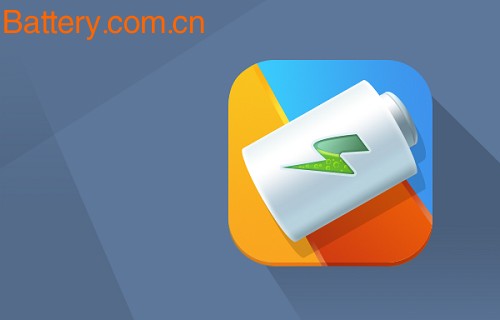Due to the advancement at the national level, new energy vehicles have developed rapidly for many years. However, the recycling of new energy vehicle batteries has not been a detailed system. To a certain extent, this has brought hidden dangers to the development of China's new energy vehicle market. The environmental protection industry has advanced by leaps and bounds, and the new energy vehicles have not lost their heat. In the current market, the battery life and warranty time promised by the company to the consumer can be up to 10 years, but in fact, in many industry insiders, if the comprehensive situation of the use environment is taken into account, the average life of the power battery is 5 years. According to the prediction of China Automotive Technology and Research Center, by 2020, the cumulative scrap of power batteries for electric vehicles in China will reach 120,000 to 170,000 tons. "From the current market segmentation situation, the overall market situation of power batteries is oversupply. Among them, the high-end market is in short supply; while the low-end market shows a situation of oversupply." Li Junhua, research director of Consulting Co., Ltd. believes that the market has experienced an unbalanced development. According to Li Junhua, in terms of battery recycling, the market size of recycled lithium, manganese, manganese, lithium and iron and aluminum in waste lithium batteries will start to break out in 2018, reaching 5.2 billion yuan, reaching 136 by 2020. 100 million yuan will exceed 30 billion yuan in 2023. It is optimistic that by 2020, the utilization rate of power batteries will reach 50%. Faced with such a huge market, in fact, China has matured in power battery recycling technology. However, the domestic power battery recycling system is still lagging behind. Mainly in the recovery network is not sound, recycling companies are small, professional power battery recycling companies less than three aspects. Investigate its roots, China's power battery disassembly costs are high, no profit at this stage, companies are reluctant to participate. The lack of effective supervision and implementation of additional power battery recycling. The above factors are superimposed, which leads to the difficulty in recycling the power battery. In order to break the constraints of power battery recycling, the state's efforts at the policy level have never stopped. As early as the beginning of 2016, the Ministry of Industry and Information Technology issued the "Conditions for the Comprehensive Utilization of Power Batteries", and mentioned the list of power battery recycling enterprises that will identify and issue conditions that meet the requirements of the standard. This whitelist can alleviate the concerns of all parties in the battery recycling cooperation process, promote cooperation between battery manufacturers, OEMs and third-party professional recycling enterprises, promote the implementation of waste battery pollution prevention and recycling, and promote the battery and new energy automobile industry. The chain forms a closed cycle development model. On January 3, 2017, the State Council issued the “Implementation Plan for the Extended Producer Responsibility Systemâ€, which took the lead in implementing the producer responsibility extension system for products such as electrical appliances, automobiles, lead storage batteries and packaging materials, and identified various types including automobiles. The focus of the product. By 2020, establish a recycling system for electric vehicle power batteries. The introduction of the policy is one, and the landing is one. According to the data, by 2020, the number of electric vehicles in China will exceed 5 million. The national electric vehicle power battery recycling system was established in 2020, so from now to 2020, electric vehicle battery processing will be a big problem. Combining relevant foreign experience and comprehensive national conditions, experts suggest that relevant national departments can specify mandatory standards for power battery codes in the work of recycling power batteries, and link traceability systems to new energy vehicle product announcement management, and administrative penalties and economic penalties are parallel. It can even be linked to vehicle announcements and battery catalogues, and subsidizes and taxes according to the number of batteries, capacity, etc., in order to ensure the economics of recycling and recycling enterprises. At the same time, it can also implement a system of parallel deposits and rewards for consumers. Xinchen Power(Xce) Engine Parts Xinchen Power Engine Parts,Joylong Alternator Assy,Alternator Original Dk4,Xinchen Dk4 Joylong Alternator SHAOXING KEQIAO FANEVER IMPORT AND EXPORT CO., LTD , https://www.sxfanever.com